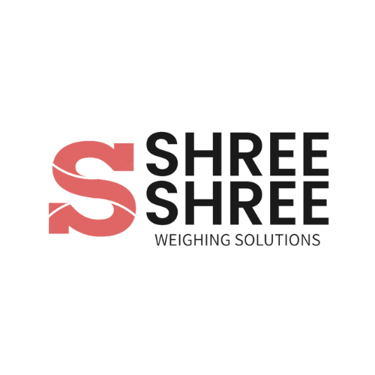Future of Weighing Standards in India: Why NABL Will Remain Critical
India’s economy is growing rapidly, and with it, the demand for accurate weighing systems in industries like retail, logistics, manufacturing, and pharmaceuticals. As regulations tighten and customer expectations rise, NABL certification will continue to play a crucial role in ensuring compliance and credibility. This blog explores the future of weighing standards in India and why NABL-certified calibration will remain indispensable in the years ahead.
8/2/20252 min read


Current Scenario of Weighing Standards in India
Weighing scales are governed by the Legal Metrology Act, 2009, which mandates regular calibration and certification for all trade-related equipment. NABL (National Accreditation Board for Testing and Calibration Laboratories) accreditation ensures that calibration meets ISO/IEC 17025 standards, recognized nationally and internationally.
Currently:
NABL certification is mandatory for many industries and tenders.
It ensures traceability to international standards.
It is increasingly demanded by auditors and corporate quality teams.
Emerging Trends in Weighing Standards
Digital Weighing Systems:
The shift from mechanical to digital weighing demands more frequent and precise calibration.Integration with IoT and AI:
Smart weighing systems connected to cloud platforms require certification that ensures data accuracy and traceability.Stricter Global Trade Requirements:
As Indian exporters expand globally, internationally recognized certification becomes a non-negotiable requirement.Increased Government Oversight:
Periodic audits and compliance checks are becoming more frequent, especially in food, pharma, and logistics sectors.
Why NABL Certification Will Stay Critical
1. Mandatory Compliance
Future regulations will likely become stricter, making NABL-certified calibration an industry standard rather than an option.
2. Trust in Automation
With automated weighing systems, NABL certification provides assurance that even high-speed measurements remain accurate.
3. International Recognition
For export-oriented businesses, NABL certificates align with global metrology frameworks, easing customs and trade compliance.
4. Consumer Protection
Accurate weights directly impact customer trust. NABL certification safeguards consumer rights, which will remain a focus of future policies.
Industries That Will Rely Even More on NABL
E-commerce and Logistics – Growth in parcel shipments demands accurate weight compliance.
Pharmaceuticals – Increasing export and stricter dosage controls.
Food and Beverages – Rising focus on health, safety, and fair packaging.
Jewellery and Precious Metals – Precision in high-value trade remains paramount.
Manufacturing and Heavy Industries – Large-scale operations depend on accurate measurements for cost control.
How Shree Shree Weighing Solutions Prepares You for the Future
We provide Pan-India NABL certification services that future-proof your business:
Government-approved calibration recognized nationwide.
Expertise in digital and automated weighing systems.
Renewal and compliance management to ensure zero lapses.
Support for multi-location businesses with uniform processes.
Conclusion
As weighing technology evolves and compliance requirements tighten, NABL certification will remain the benchmark for accuracy and trust. By partnering with Shree Shree Weighing Solutions, businesses can stay ahead of regulations and maintain confidence in every transaction.
Future-proof your weighing systems with NABL certification.
Contact Shree Shree Weighing Solutions for Pan-India, government-approved weighing calibration and certification services.
